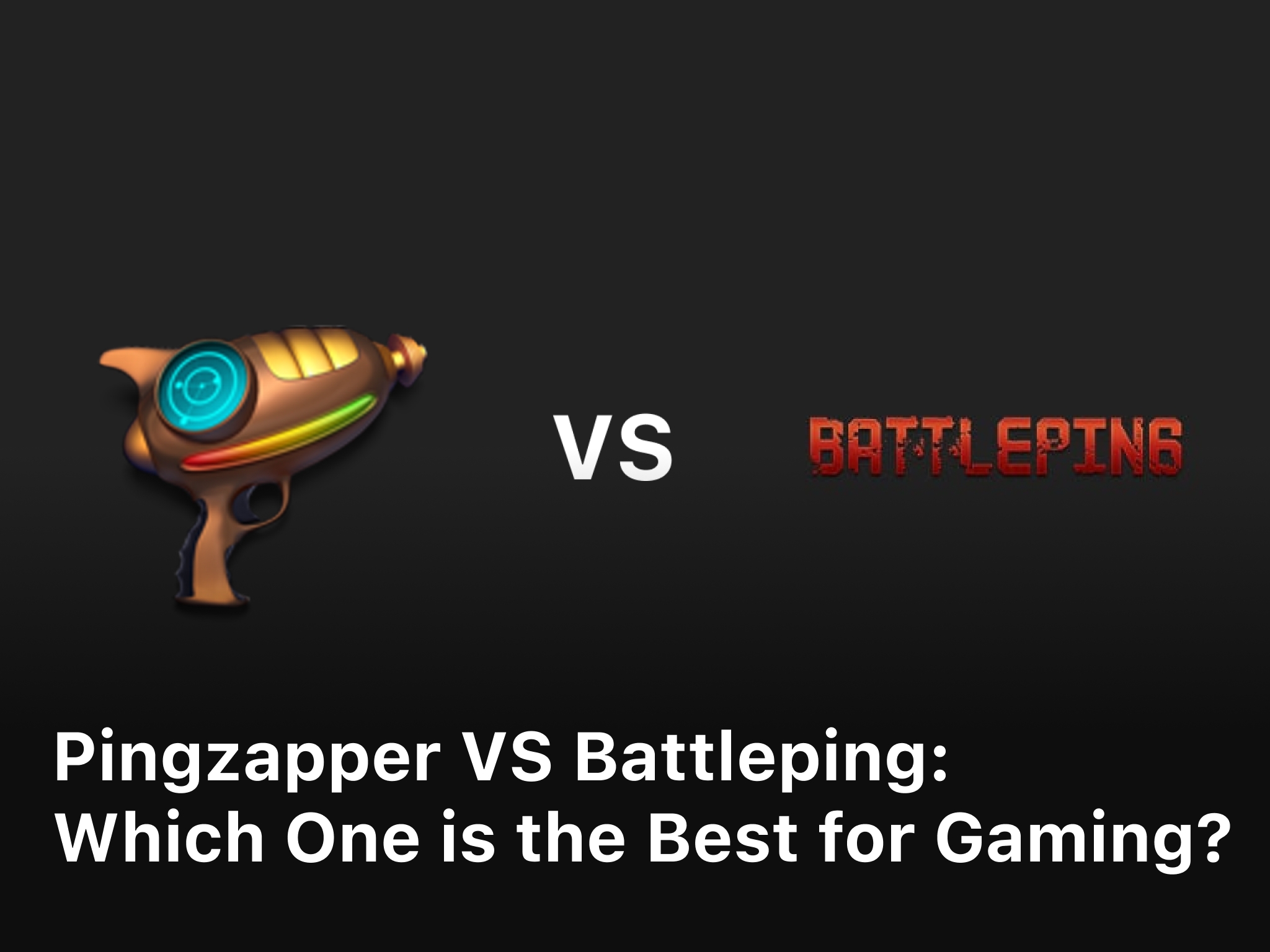Online gaming has grown increasingly popular over the years, with millions of players logging in to their favorite multiplayer games all over the world. As the number of gaming servers increases, so does the need for proper security measures. Securing gaming servers is crucial for maintaining online gaming security and protecting against vulnerabilities that can jeopardize the entire system.
In this article, we will provide an overview of the top strategies and tips for server protection. It is essential to identify the risks and vulnerabilities that gaming servers face and how to implement relevant protective measures.
Whether you are managing a small private server or a large commercial gaming network, implementing strong server security measures is vital. From understanding common gaming server vulnerabilities to deploying intrusion detection systems, we’ve got you covered with all the essential steps to ensure that your gaming servers remain safe and secure.

1. Understanding Gaming Server Vulnerabilities
Securing gaming servers is essential for online gaming security. Gaming servers are not immune to cyber attacks. They are vulnerable to threats like Distributed Denial of Service (DDoS), malware, and cyber fraud. A breach can result in loss of data, downtime, and negative player experience.
Hence, it is crucial to proactively address cybersecurity for gaming servers. In this section, we will discuss gaming server vulnerability risks and potential consequences in more detail. Understanding these weaknesses will help to better secure online gaming platforms and prevent potential security breaches.
2. Implementing Strong Access Controls
Securing multiplayer game servers poses a significant challenge for administrators. Unauthorized access to gaming servers can expose sensitive information and negatively impact player experience. Implementing robust access control mechanisms is key to mitigating these risks.
- Employing robust authentication mechanisms to prevent unauthorized access to gaming servers is essential. Administrators should ensure the use of strong passwords, two-factor authentication, and biometric authentication.
- Role-based access controls are also a critical component of server hardening for gaming. Administrators should limit access privileges and roles to only authorized personnel to minimize the risk of data breaches.
- Regular security audits can also help spot vulnerabilities and fix them early on. Administrators should conduct periodic reviews of their security protocols to detect security gaps and ensure timely resolution of detected issues.
Protecting gaming server infrastructure requires meticulous planning, attention to detail, and constant vigilance. By implementing robust access controls, administrators can secure multiplayer game servers and protect against unauthorized access, data breaches, and other security incidents.
3. Regular Patching and Updates
Regular patching and updates are essential for strengthening gaming server safety measures. Keeping server software updated, comprising operating systems, application patches, and firmware, is of utmost importance to maintain the security of gaming servers.
Automated patch management tools streamline the process of patch deployment and reduce the time between vulnerability discovery and patch implementation. It is advisable to deploy these tools to stay up-to-date with the latest patches and security measures.
Failure to patch and update gaming servers can cause security vulnerabilities, providing cybercriminals an opportunity to exploit loopholes and gain unauthorized access to gaming servers. Gamers’ personal information and payment data become at risk, which has severe implications for gaming companies and future games’ success.
Therefore, timely patching and updates are critical to protecting gaming servers and ensuring a smooth, enjoyable gaming experience.
4. Data Encryption and Secure Communications
Ensuring data integrity and secure communications is of paramount importance in keeping gaming servers safe. Data encryption and strong encryption protocols are key measures for achieving this. Transport Layer Security (TLS) and secure socket layers (SSL) are vital encryption techniques for maintaining the confidentiality and integrity of data transmitted between gaming servers and clients.
By utilizing these protocols, gaming server administrators can safeguard against potential security breaches, protect sensitive data, and maintain the trust of players. It is essential to stay up-to-date with the latest encryption practices to ensure online gaming security and prevent unauthorized access to gaming server infrastructure.
5. Intrusion Detection and Prevention
Protecting against potential security breaches is crucial to securing gaming servers. Intrusion detection and prevention systems (IDS/IPS) are critical components that can identify malicious activities in real-time and take proactive measures to prevent potential threats.
There are different types of IDS/IPS solutions available, and gaming server administrators should choose the ones that best suit their needs. For instance, a network-based IDS can analyze network traffic and alert admins of any suspicious activity, while a host-based IDS can monitor system logs and identify potential security breaches.
It is also important to regularly update and configure IDS/IPS to ensure they stay effective and accurate. This can involve setting up alerts for specific activities or patterns, blocking certain IP addresses or ports, or simply resetting configurations on a regular basis to prevent attackers from becoming familiar with the setup.
By incorporating an effective IDS/IPS system, gaming server administrators can detect and prevent potential threats in real-time, safeguarding the server infrastructure and maintaining online gaming security.
Conclusion
Securing gaming servers should be a top priority for anyone involved with online gaming. By implementing strong access controls and regular patching and updates, as well as utilizing data encryption and intrusion detection systems, administrators can significantly enhance their server protection and gaming server safety measures. It is important to stay proactive and up-to-date with the latest security practices to ensure a safe and enjoyable gaming experience for all players. Remember, server protection is crucial for online gaming security, and investments in this area go a long way.
FAQ
Why is securing gaming servers important?
Securing gaming servers is crucial because they can be targeted by malicious actors who aim to disrupt gameplay, steal sensitive data, or gain unauthorized access. Implementing security measures helps protect the integrity of the gaming experience and ensures the safety of player information.
What are the common vulnerabilities that gaming servers face?
Gaming servers can be vulnerable to various cybersecurity risks such as DDoS attacks, SQL injection, cross-site scripting, and unauthorized access attempts. It is essential to understand these vulnerabilities to effectively mitigate the risks.
How can access controls be strengthened for gaming servers?
To enhance access control, robust authentication mechanisms can be implemented, including strong passwords, multi-factor authentication (MFA), and IP whitelisting. Role-based access controls can also limit privileges based on user roles or responsibilities.
Why are regular patching and updates important for gaming servers?
Regular patching and updates help address vulnerabilities in server software, operating systems, and applications. By keeping server components up to date, potential security weaknesses can be mitigated, reducing the risk of exploitation by attackers.
How can data encryption and secure communications be implemented for gaming servers?
Data encryption can be achieved by using strong encryption protocols such as TLS and SSL. These protocols ensure that data transmitted between gaming servers and clients is encrypted, preventing unauthorized access or manipulation.
What role do intrusion detection and prevention systems play in securing gaming servers?
Intrusion detection and prevention systems (IDS/IPS) monitor gaming server networks for suspicious activities or potential security breaches. By detecting and proactively preventing unauthorized access or malicious behavior, IDS/IPS solutions enhance the overall security of gaming servers.






